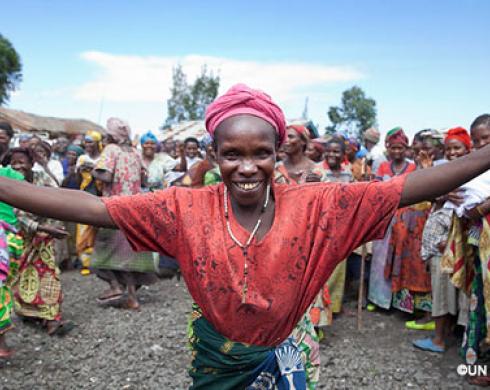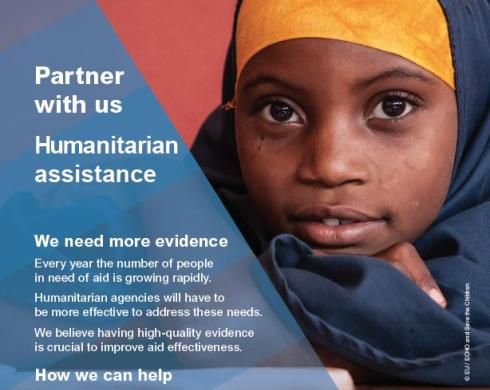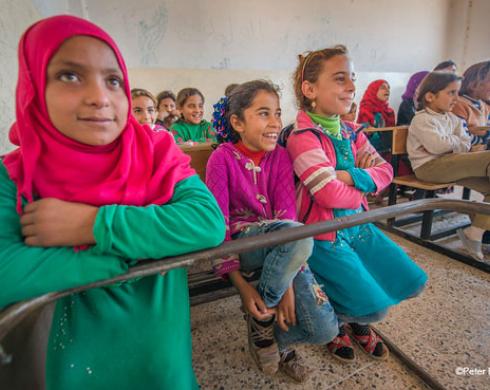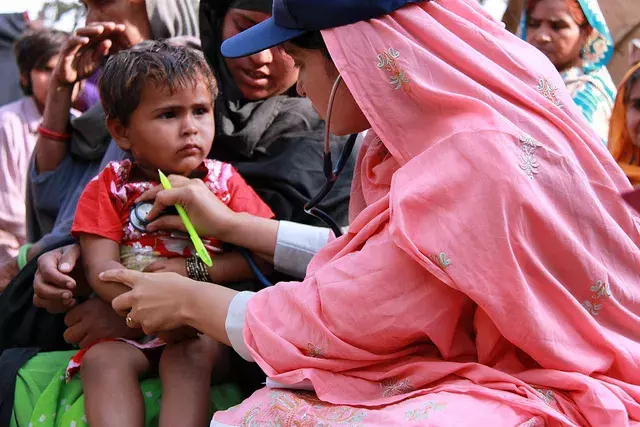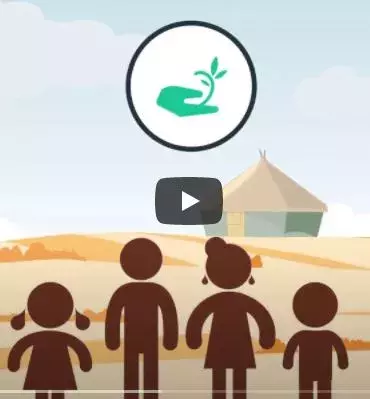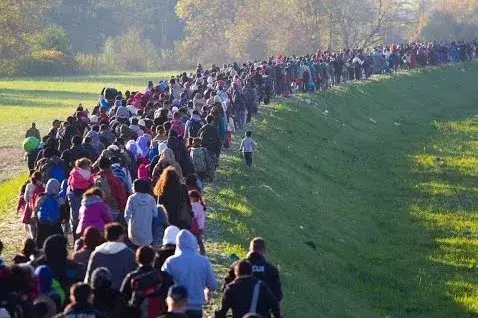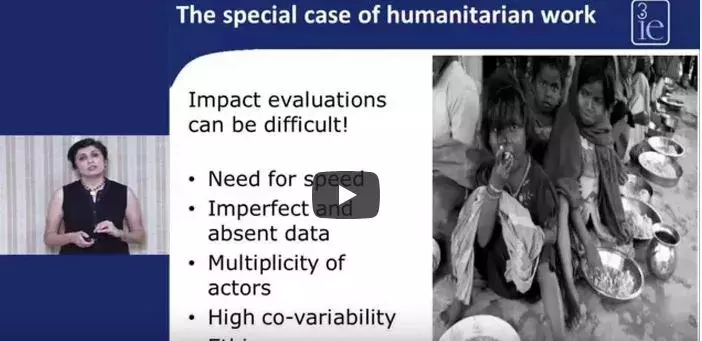Humanitarian
3ie supported seven impact evaluations under this program that provided rigorous evidence to improve the quality of life of people living in fragile and conflict-affected contexts. These impact evaluations examined important questions related to nutrition; food security; resilience; water, sanitation and hygiene; and multi-sectoral humanitarian programming. We expect these studies to answer priority questions on effective and efficient ways to deliver humanitarian programming to improve recovery and build resilience of vulnerable and crises-affected populations.
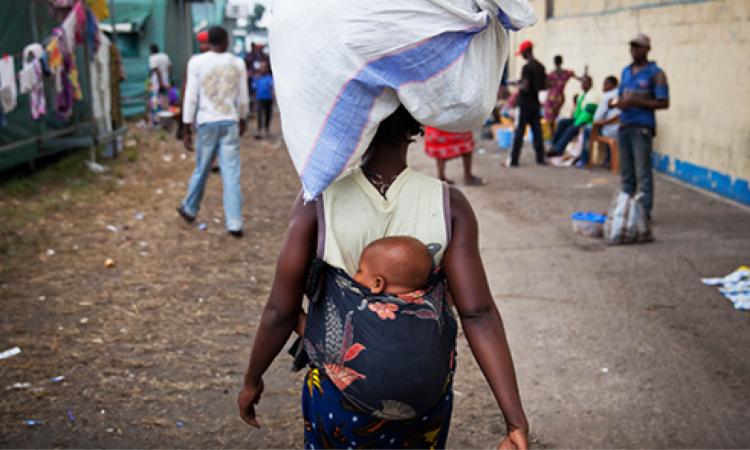
Overview
In 2014, 3ie, with the support of UK aid and USAID, launched the humanitarian assistance grant-making program to increase the stock of high-quality, policy-relevant evidence in the humanitarian sector.
To develop and ensure the relevance of this program, 3ie, in collaboration with these donors, hosted a consultative event in 2015 to discuss the scope of the program and the evidence gaps that exist. At the event, we presented findings from a scoping paper and a methodology working paper that identified innovative methods of measuring impact in humanitarian conditions.
As part of this program, 3ie supported high-quality impact evaluations and systematic reviews to improve evidence on community-driven reconstruction; peace-building programs; cash-based humanitarian interventions; and water, sanitation and hygiene initiatives, among several others. Funding for this program was provided by UNOCHA-Common Humanitarian Pooled Fund in the Democratic Republic of the Congo, Danida and the World Food Programme.
Why more evidence is needed
UNOCHA had predicted that in 2018 over 135 million people globally will need humanitarian assistance and protection. Despite the large number of people in need of assistance, little evidence existed on the effectiveness of aid interventions in challenging humanitarian environments. Two evidence gap maps and a 3ie scoping study highlighted the lack of high-quality studies that show the causal relationship between assistance and changes in targeted results.
Latest publication
Synthesis of evidence on nutrition programs in the Sahel
This paper synthesizes findings from 3ie-supported impact evaluations of programs implemented by the World Food Programme to prevent and treat moderate acute malnutrition and improve food security in four countries in the Sahel region. WFP has presented the studies and the synthesis at the executive board meeting and is organizing webinars to share the lessons and findings. According to a management response to the synthesis, WFP is using the synthesized findings to validate its global nutrition policy (2017-21) and improve operational strategies in the Sahel and globally.
View synthesis paper | View synthesis brief
For more information, please write to info@3ieimpact.org. To receive alerts about call for proposals, please sign up here.
